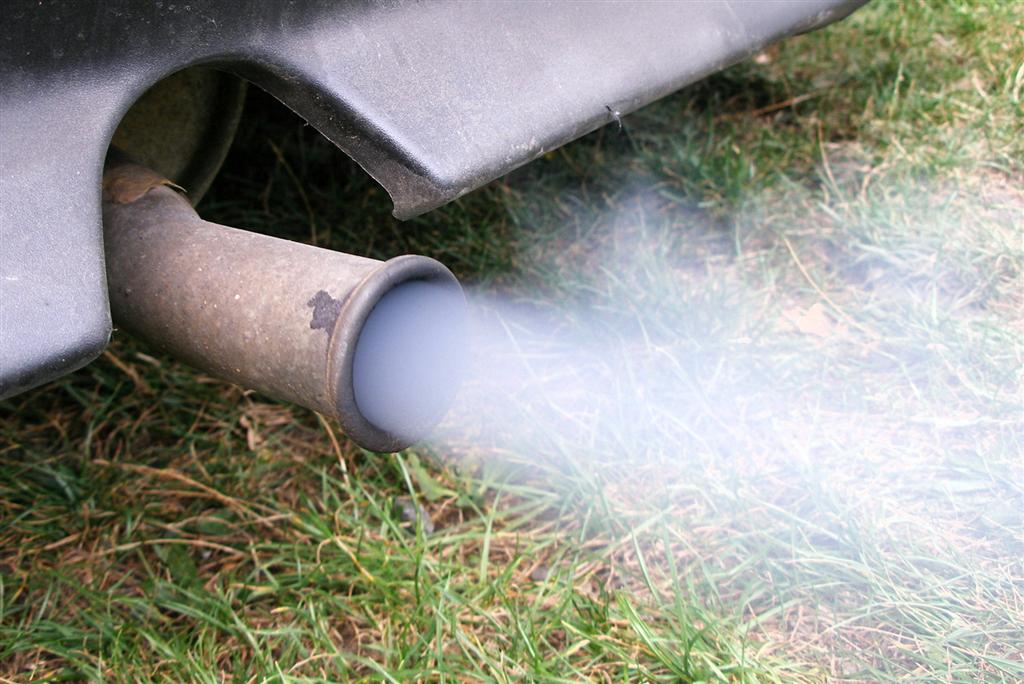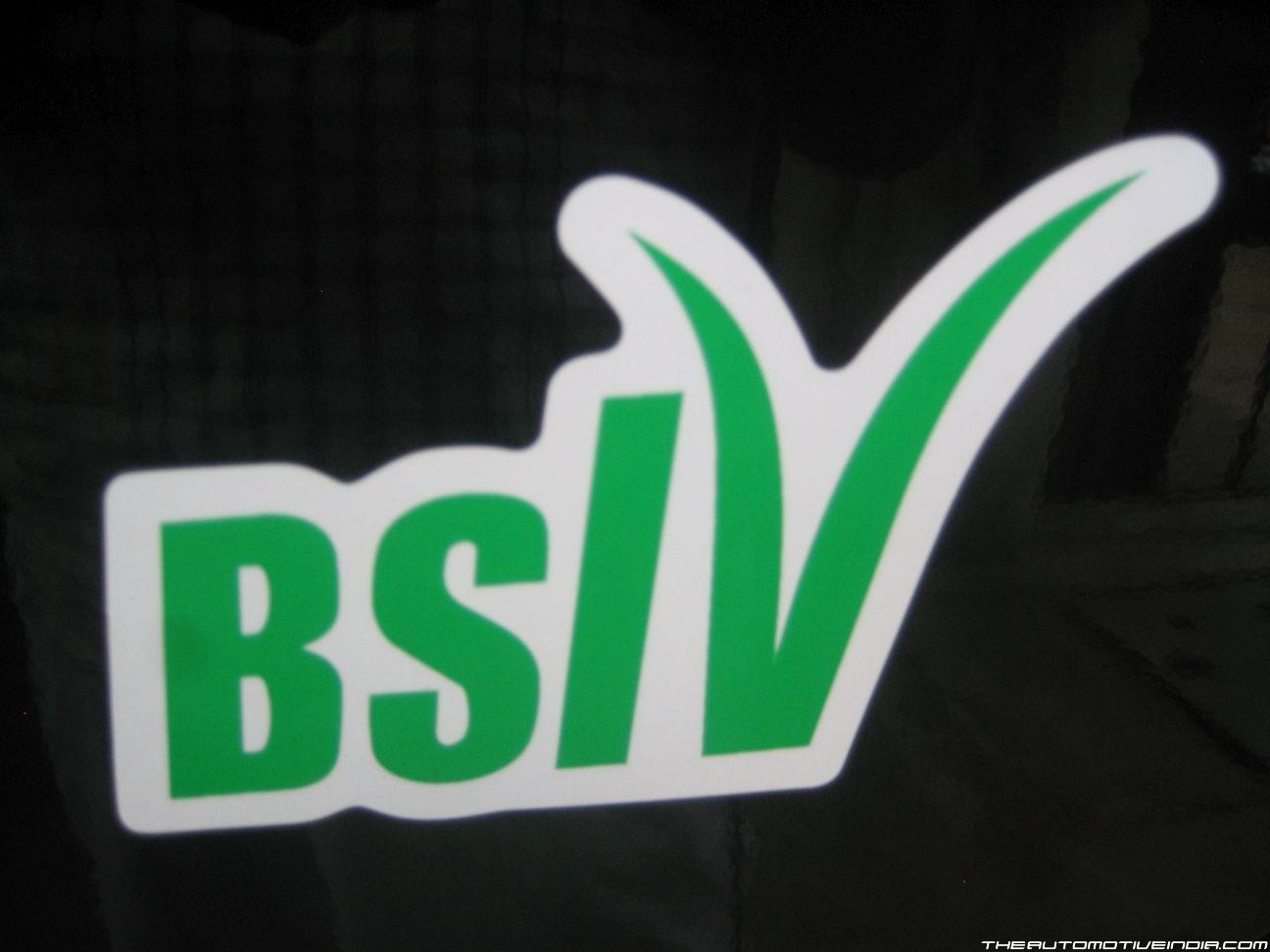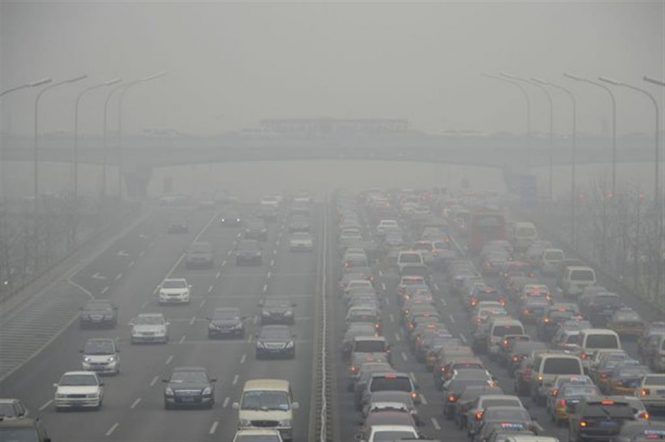The sudden change in the plans of the oil ministry associated to the emission norms have left the automobile manufacturers and fuel agencies in dilemma and the after effects of such a step are debatable.

Recently, the car manufacturers operating in India were left in an utter state of disappointment by the latest official statement regarding the implementation of Bharat Stage-V (BS-V) emission norms across all the vehicles in India, from 2019. The manufacturers had been opposing this move and the oil ministry along with them, were with a clear thought of skipping straight to BS-VI in 2023 as the investment required for both, BS-V and BS-VI was more or less same and it’ll also speed up the green initiative.
According to the statement that was uploaded on the oil ministry website, BS-V fuel quality and emission norms will be implemented in the entire country from 2019 and BS-VI emission norms for four-wheelers shall be implemented from 2023. This also puts a lot of pressure on the oil refiners, because the direct upgrade to BS-VI stage was much economical and by first upgrading to V and then to VI would now mean additional cost for them as well.
The ministry had to take such a deliberate action to speed up the efforts at improving fuel quality because of the rapid increase in air pollution in the cities and the sheer pressure from the green activists. Also, with the use of BS-V fuel, the sulphur emission from the vehicles will be one-fifth of that from BS-IV fuel. But, such a move will cost around Rs. 80,000 crores to the oil refiners across the country, which of course will require a lot of brainstorming.
Such a step from the government’s end can have three possible outcomes. First, by paying attention on such an issue like air pollution, the government is sure to improve the present atmospheric and living conditions only if the above thought is properly executed. Second and probably quite an important one, by not skipping straight off to BS-VI stage, the government will have to convince the manufacturers as well as the oil refiners to start working towards BS-V stage on such a short notice. Third, the customers can also have a tough time in the future because the extra cost incurred by the manufacturers and oil refiners will be transferred upon them which will eventually increase their expenses and financial burden. The government will have to work upon the associated subsidies either for manufacturers and oil refiners or the customers. All in all a tricky situation.






